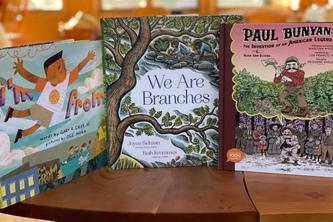
The quality of someone’s romantic relationship can have a profound impact on their physical and mental health. Two University of Minnesota researchers collaborated with an international team of scientists to conduct the largest, worldwide study of its kind aimed at understanding what predicts satisfaction in romantic relationships. Their findings were recently published in the Proceedings of the National Academy of Sciences.
The research team pooled 43 independent data sets from more than 11,000 couples (or 22,000 people total), all of whom rated various characteristics about themselves, their partner and their relationship. Using machine-learning algorithms, the study found the best predictors were (in no particular order):
- how committed you believe your partner is;
- the extent to which you express or feel appreciation for your partner;
- your sexual satisfaction;
- how satisfied you believe your partner is;
- lack of conflict in your relationship with your partner.
“We found that the strongest predictors of romantic relationship success tend to be relationship-specific predictors such as a person’s perception of their relationship as opposed to their personality characteristics, social economic status, gender or age, for example,” said study co-author Jeff Simpson, a Distinguished University Teaching Professor and chair of the Department of Psychology in the College of Liberal Arts. “This is by far the largest and most ambitious study to document which specific variables best predict satisfaction in established romantic relationships.”
The researchers would like to expand the datasets from Canada, the United States, Israel, the Netherlands, Switzerland and New Zealand to include countries in South America, Asia and Africa for future studies.
- Categories:
- Arts and Humanities
- Social Sciences





